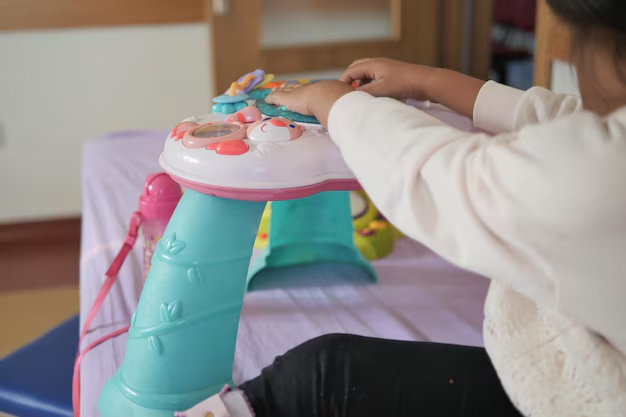How to Become a Pediatric Occupational Therapist: Essential Degrees, Certifications, and Licenses
Embarking on a career as a pediatric occupational therapist is both a rewarding and fulfilling journey, inviting you to impact the lives of children positively. Before diving into this field, it's essential to understand the educational and professional requirements necessary for success. Initially, aspiring pediatric occupational therapists must earn a bachelor's degree, typically in a relevant field such as psychology, biology, or health science. Following this foundational step, pursuing a master’s degree in occupational therapy from an accredited institution is crucial, providing you with advanced knowledge and hands-on experience tailored for therapeutic settings. The pathway doesn't end there; licensure is mandatory in many regions. This involves passing the National Board for Certification in Occupational Therapy (NBCOT) exam, demonstrating proficiency in the essential domains of the profession.
While these foundational degrees and certifications are non-negotiable, further specialization and standing out in this competitive field can be enhanced through additional credentials. Certifications such as the Certified Occupational Therapy Assistant (COTA) or specialized pediatric certifications bolster your proficiency and appeal in the marketplace. Moreover, engaging in formal training programs or continuing education courses in pediatrics enriches your expertise and keeps you abreast of the latest therapeutic strategies and methodologies. The landscape of occupational therapy is ever-evolving, and investing in ongoing education reflects your commitment to delivering the highest standard of care.
Key Degrees, Certifications, and Licenses for Pediatric Occupational Therapists
- 🎓 Bachelor's Degree: Typically in Psychology, Biology, or Health Science
- 🎓 Master's Degree in Occupational Therapy: Required for advanced expertise
- 📜 Licensure: Pass the NBCOT exam for national certification
- 📋 State Licensure: Meet additional state-specific requirements
- 📚 Specialized Certifications:
- Certified Occupational Therapy Assistant (COTA)
- Pediatric-specific certifications for enhanced specialization
- 📖 Continuing Education: Courses to stay updated on therapeutic advancements
The path to becoming a pediatric occupational therapist is structured yet offers opportunities for ongoing growth and specialization, acting as a gateway to making a profound difference in the lives of children and families.
